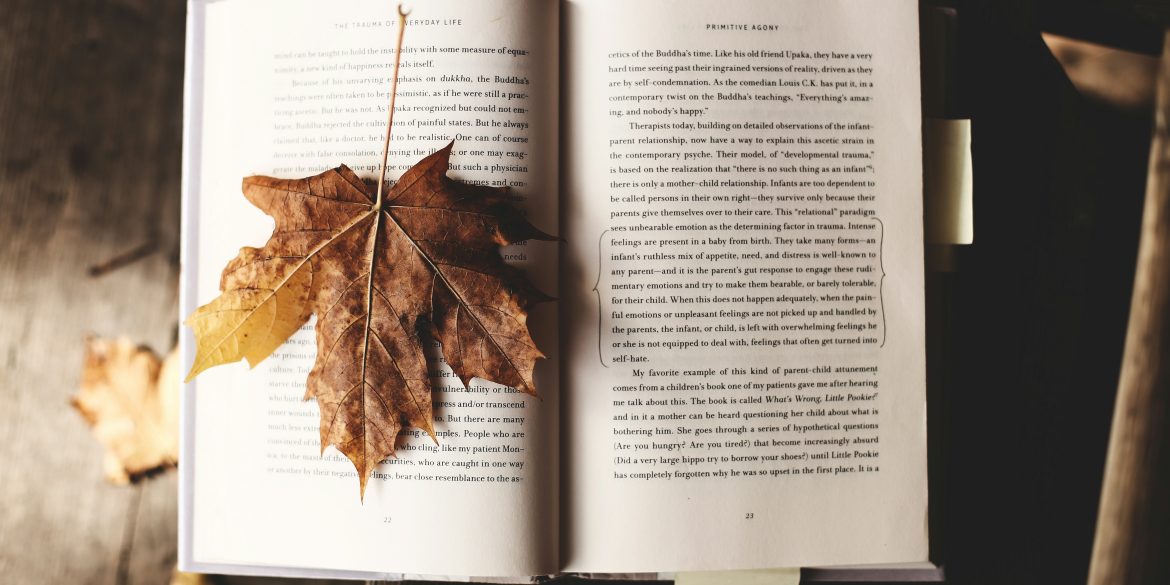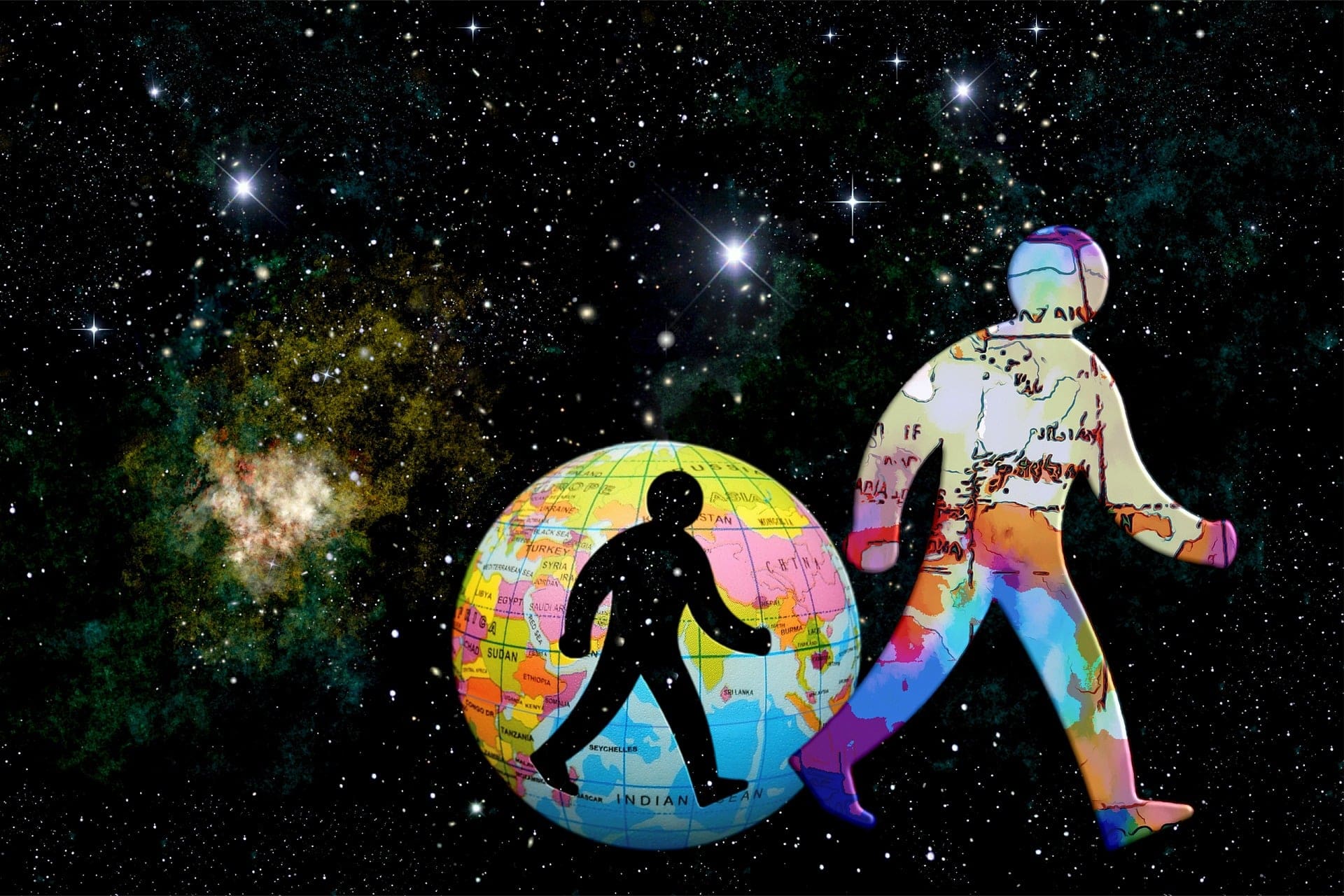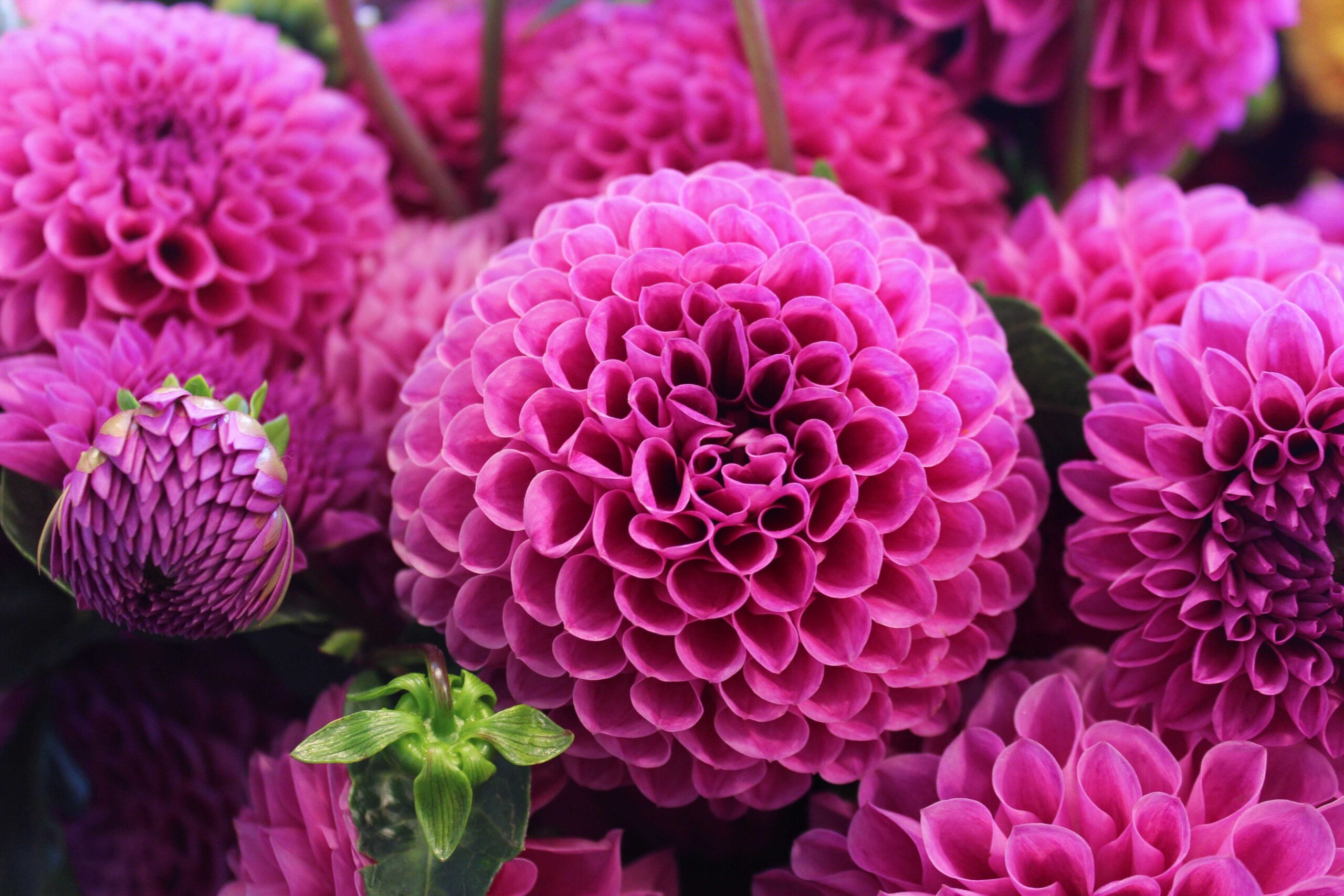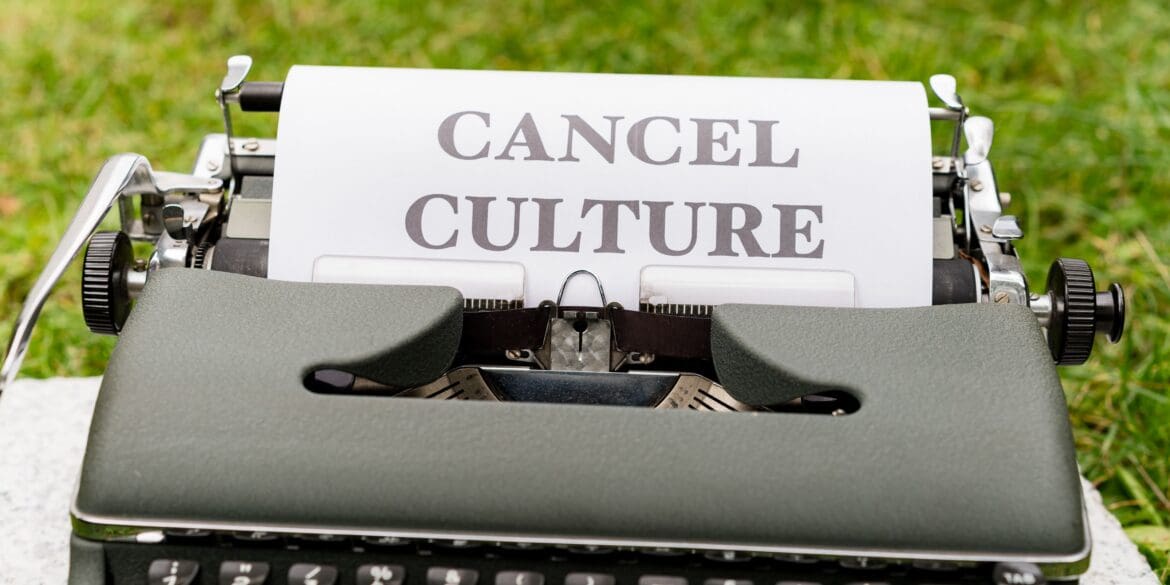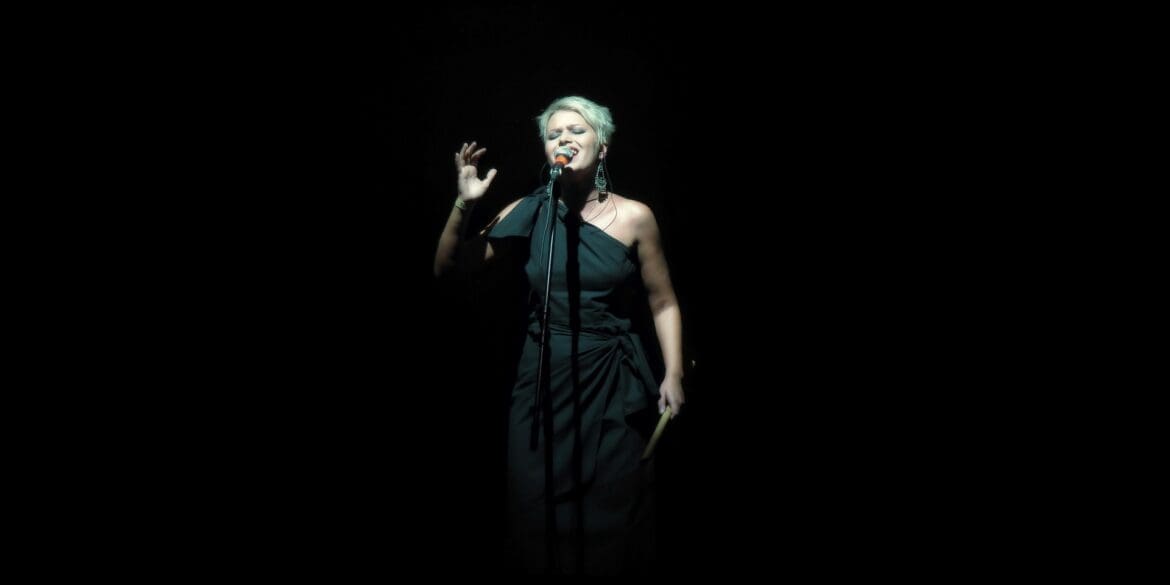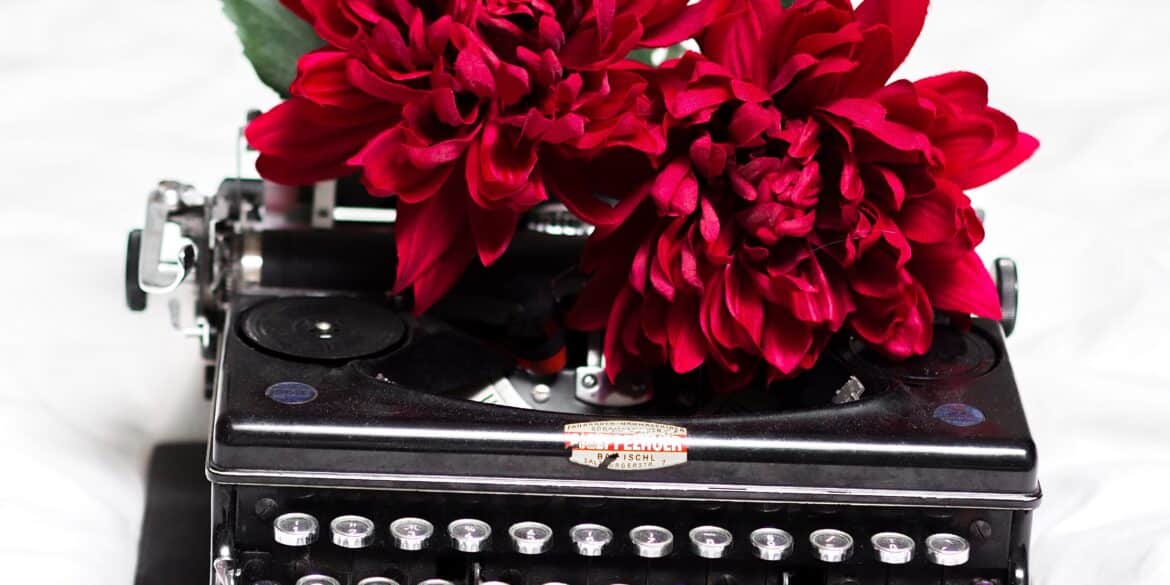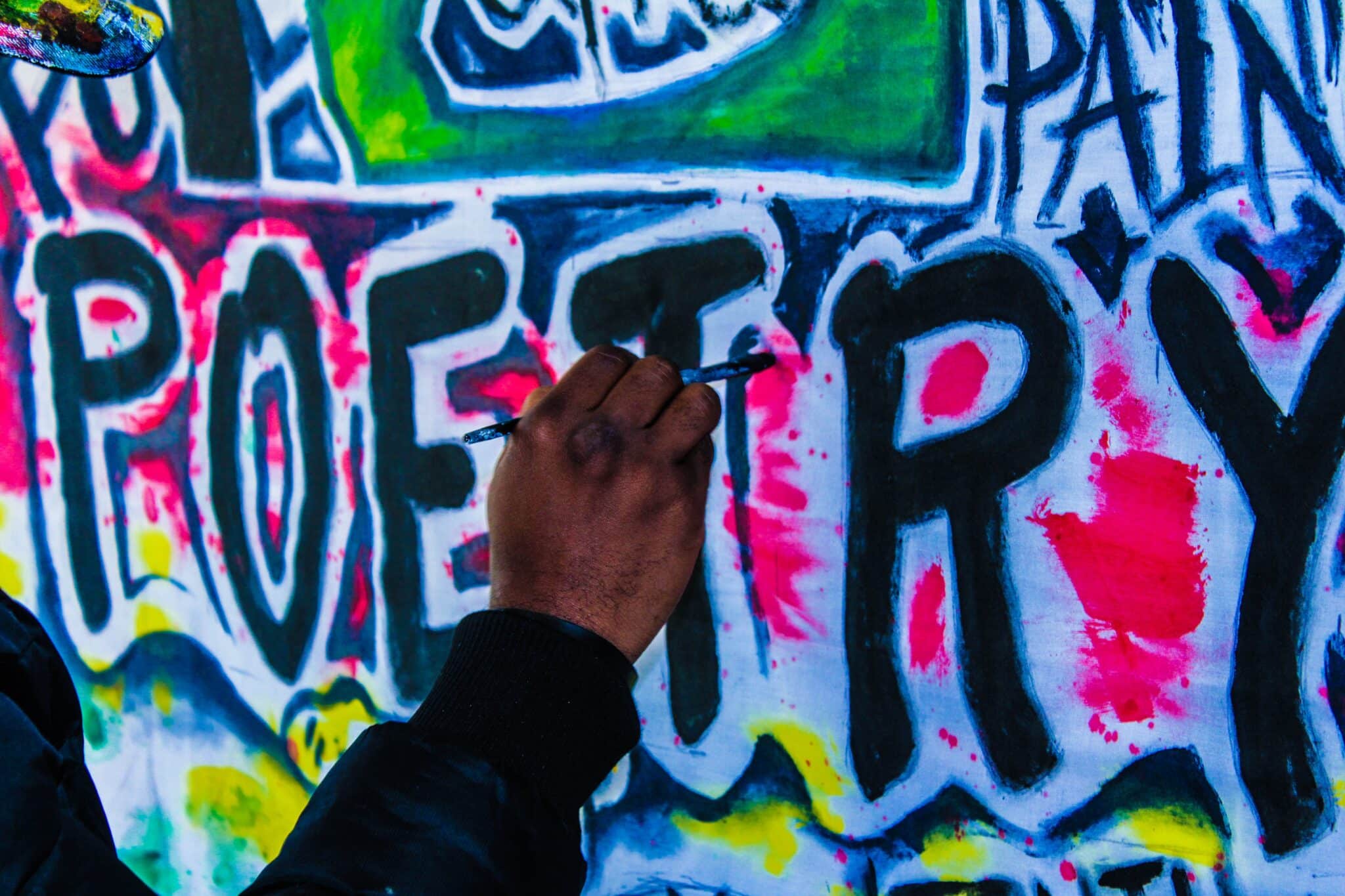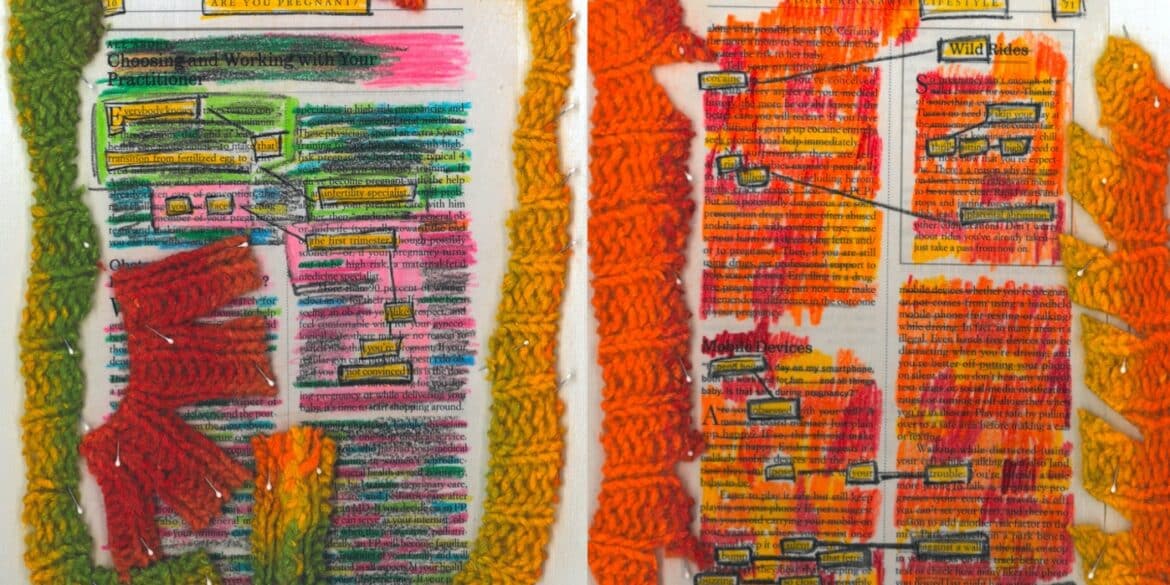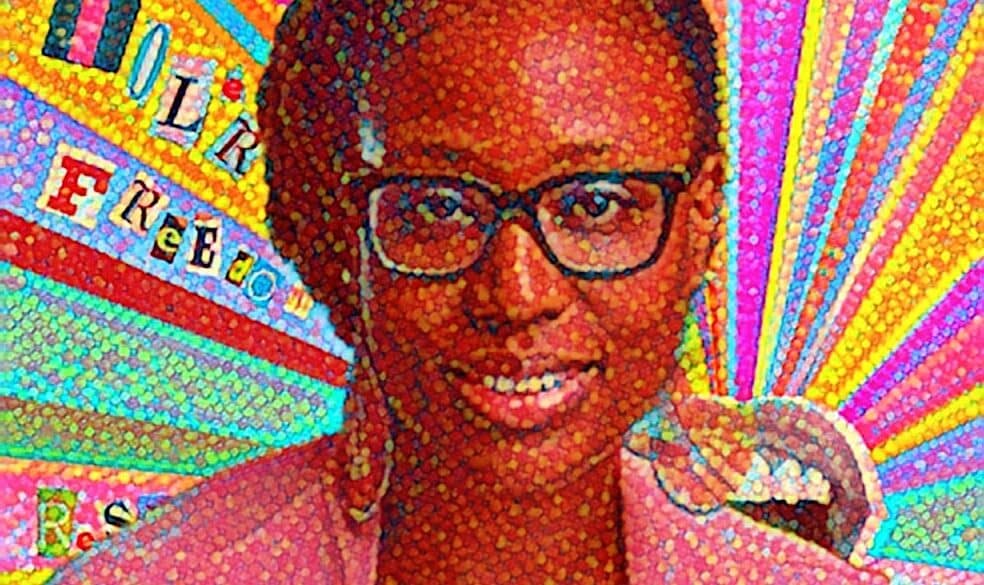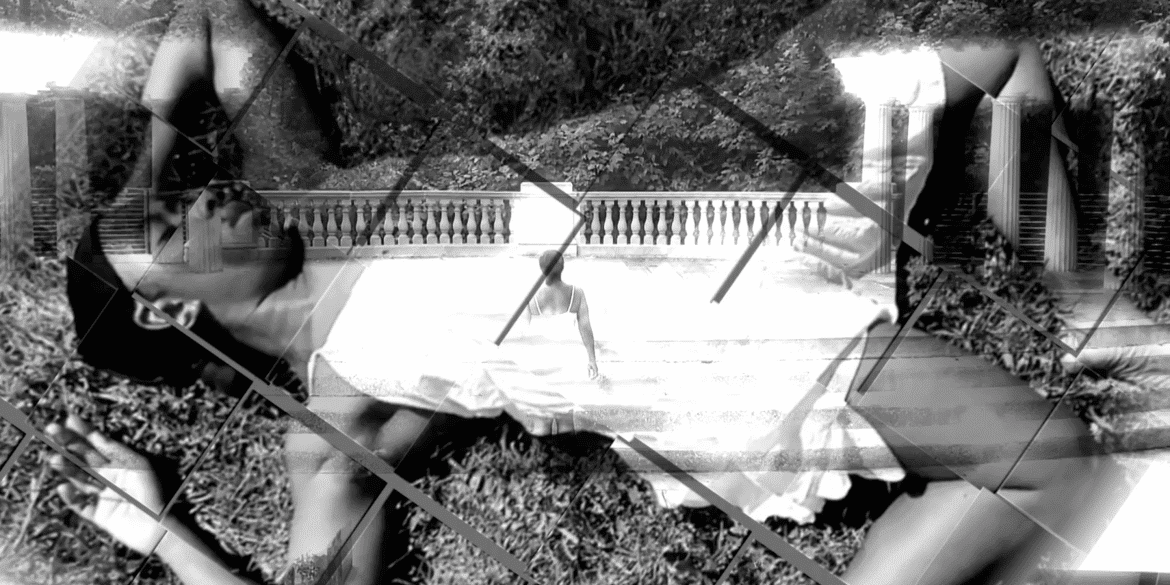Book Review: Revealing the Mantra of Trauma Author’s Memo This review of The Trauma Mantras seeks to convey the profound...
The Autoethnographer, an award-winning, non-profit, peer-reviewed, digital literary & arts magazine, invites you to submit your work.
The otherness is not somewhere out there. It’s in me. Still, my search did not stop to this discovery. It took me profoundly even further. It took me to love and poetry.
“Answering the Call of Conscience in the Call Out Culture” continues my accounting of, and critical reflection on, the ethical and political dimensions of having been falsely accused of sexual assault online.
In the women’s history month, The AutoEthnographer supported "Her Story Leads: Amplifying Women’s voices through digital storytelling".
I offer the following five poems to you. I hope that when you read/hear them you see a way into your own stories and ideas of poetic voice.
Lina Fe Simoy·
All ContentAutoethnographic EssaysAutoethnographic PoetryFrom the EditorsMoreVolume 3, Issue 2 (2023)
··5 min readThere are multiple approaches to find one's poetic voice depending on the lens one chooses as a part of the author’s creative process.
Ulla-Maija Matikainen·
All ContentAutoethnographic EssaysAutoethnographic PoetryEducationFrom the EditorsMoreVolume 3, Issue 2 (2023)
··4 min read A tsunami of words, images, learned and pushed feelings and thoughts go through us every day. Poetry is a way to find our own voice.
Sandra L. Faulkner·
All ContentAutoethnographic Art & MultimediaAutoethnographic PoetryFrom the EditorsMoreVolume 3, Issue 1 (2023)
··15 min read"Bringing up Baby” is a collection of collage and erasure poems that function as praise for and critique of (white) mothering.
I. Hate. Black. History. Month. And I’m hopeful, that in time, you will come to hate it too!
How do creatives find joy in artistic performance as a form of black feminist autoethnography? Podcast & video.
Our editor Ulla-Maija Matikainen is questioning the call of otherness and narrates her discovery about the sameness that she has seen.


